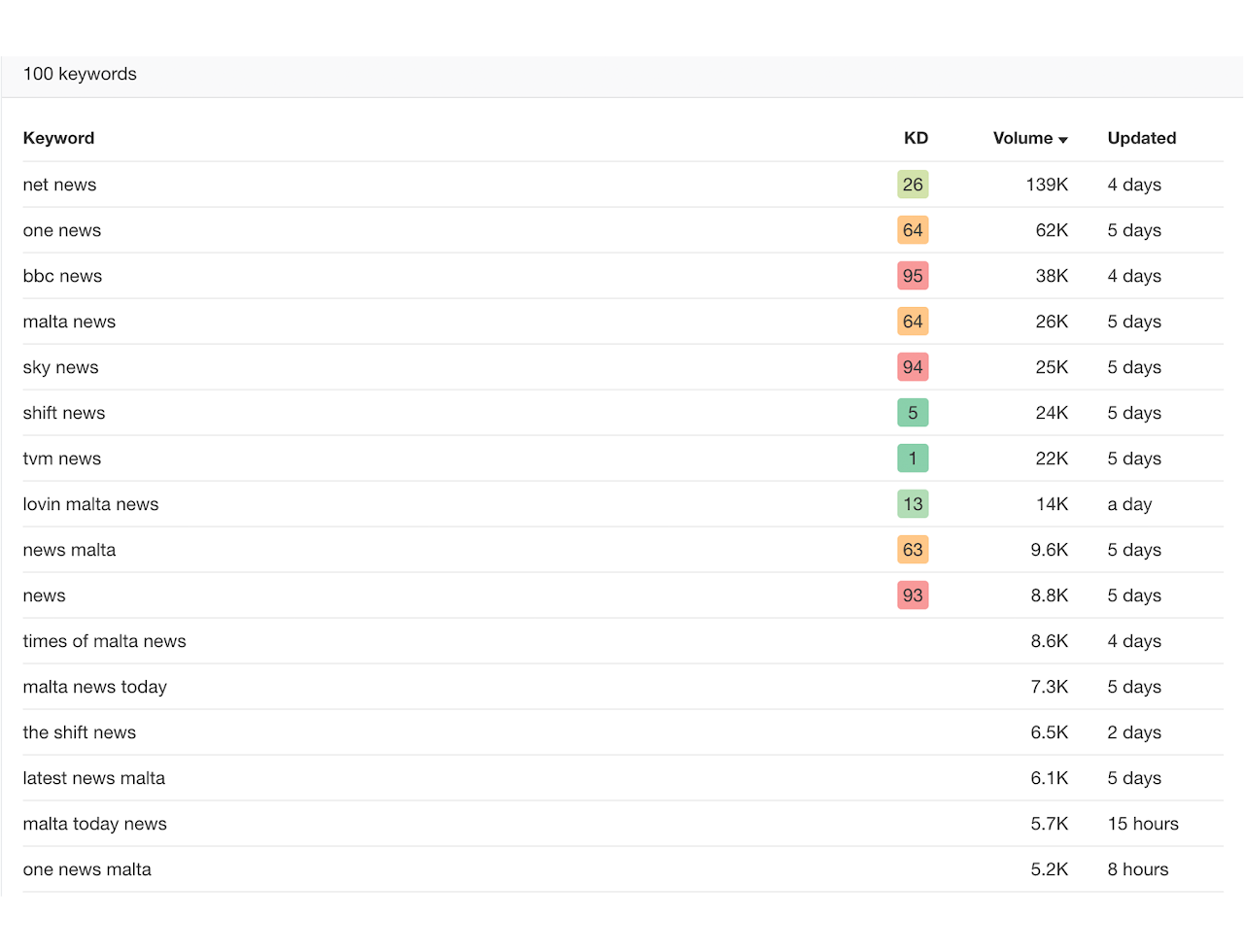Search engine optimisation (SEO) is the process of improving the ranking of a website on search engines like Google, Bing, and Yahoo. It is a way to optimise a website's content and structure so that search engines can understand what the website is about and, as a result, show it as a top result for relevant searches.
Why is SEO important for your business?
- Improved website visibility: SEO helps to improve the visibility of your website on search engines, making it more likely that people will find your business when they are searching for products or services that you offer. This can lead to an increase in website traffic, which can ultimately lead to an increase in sales and revenue for your business.
- Cost-effective: SEO is a cost-effective marketing strategy because it targets users who are actively searching for your products or services. This means that you are reaching potential customers who are already interested in what you have to offer, rather than trying to reach a wider audience through more expensive marketing channels.
- Increased credibility: When your website ranks well on search engines, it can increase your credibility and trustworthiness in the eyes of potential customers. This is because search engines only show websites that they consider to be relevant and trustworthy, so having a high ranking can give your business more credibility.
- Local SEO: If your business has a physical location, local SEO can be especially important. Local SEO involves optimizing your website and online presence to rank well for searches related to your business in a specific geographic area. This can be particularly useful for small businesses, as it can help them to compete with larger companies in their local area.

How do you optimise your website for SEO?
There are many different techniques that can be used to optimise a website for SEO, including:
- Keyword research: Identifying the keywords that people are using to search for products or services related to your business can help you to optimise your website's content and structure to target those keywords.
- On-page optimisation: This involves optimizing individual web pages to rank well for specific keywords. This can be achieved through things like using relevant headings (H1, H2, H3 tags) and optimizing the content and meta tags on each page.
- Off-page optimisation: This involves building high-quality backlinks from other websites to your own. This can help to increase the credibility and authority of your website, which can lead to improved search engine rankings.
- Technical SEO: This involves optimizing the technical aspects of your website, such as its loading speed, mobile-friendliness, and security, to ensure that it is as easy as possible for search engines to crawl and index your website.
Let's Talk
Ranking high on Google's Search Engine Result Page (SERPs) is detrimental to driving organic traffic to your website. 86% of Google search engine users click a link on Page 1, by ranking on Page 2, your brand is missing out on valuable search traffic. Google your industry, & check on which page your site is ranked. We're offering FREE consultation to any brand on Page 2 and beyond.
If you have any questions or would like to learn more about our service offering, we encourage you to get in touch. Our dedicated team is here to help and we are always happy to hear from you. Don't hesitate to reach out to us via phone, email or through our socials. We can't wait to connect with you and help you find the solutions you need.
Blog Details
- Written by: Christian Teuma
- Posted on: 30 December, 2022
- Tags: SEO, Organic Traffic, Content, Tech